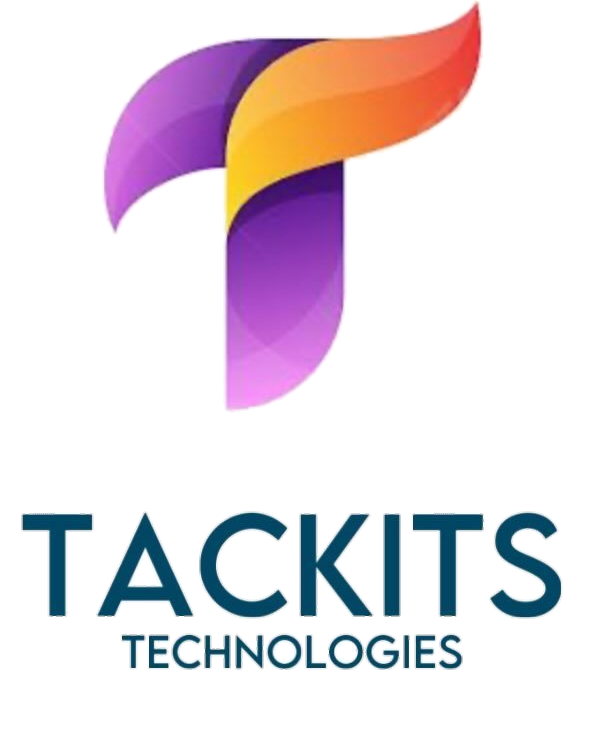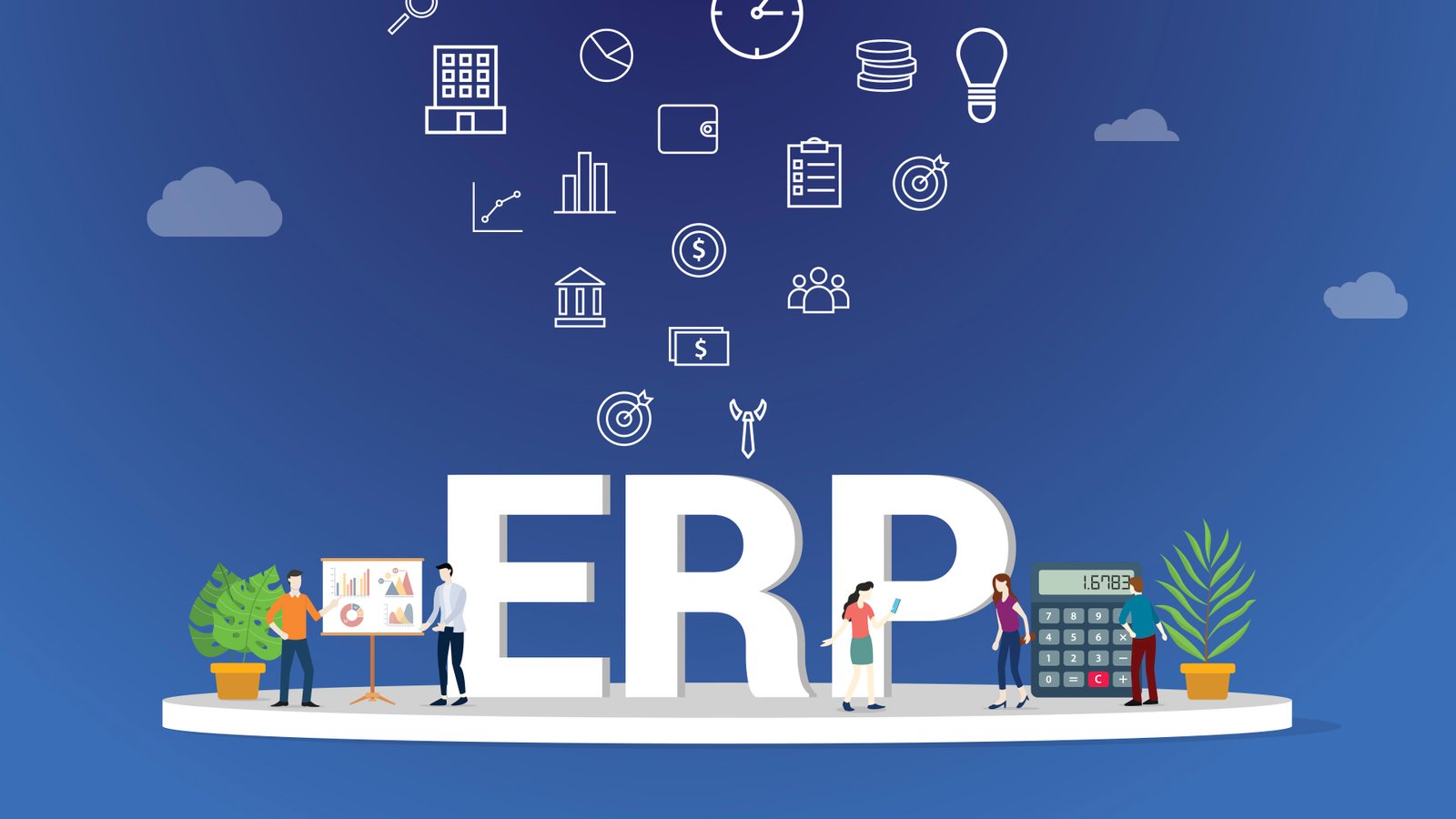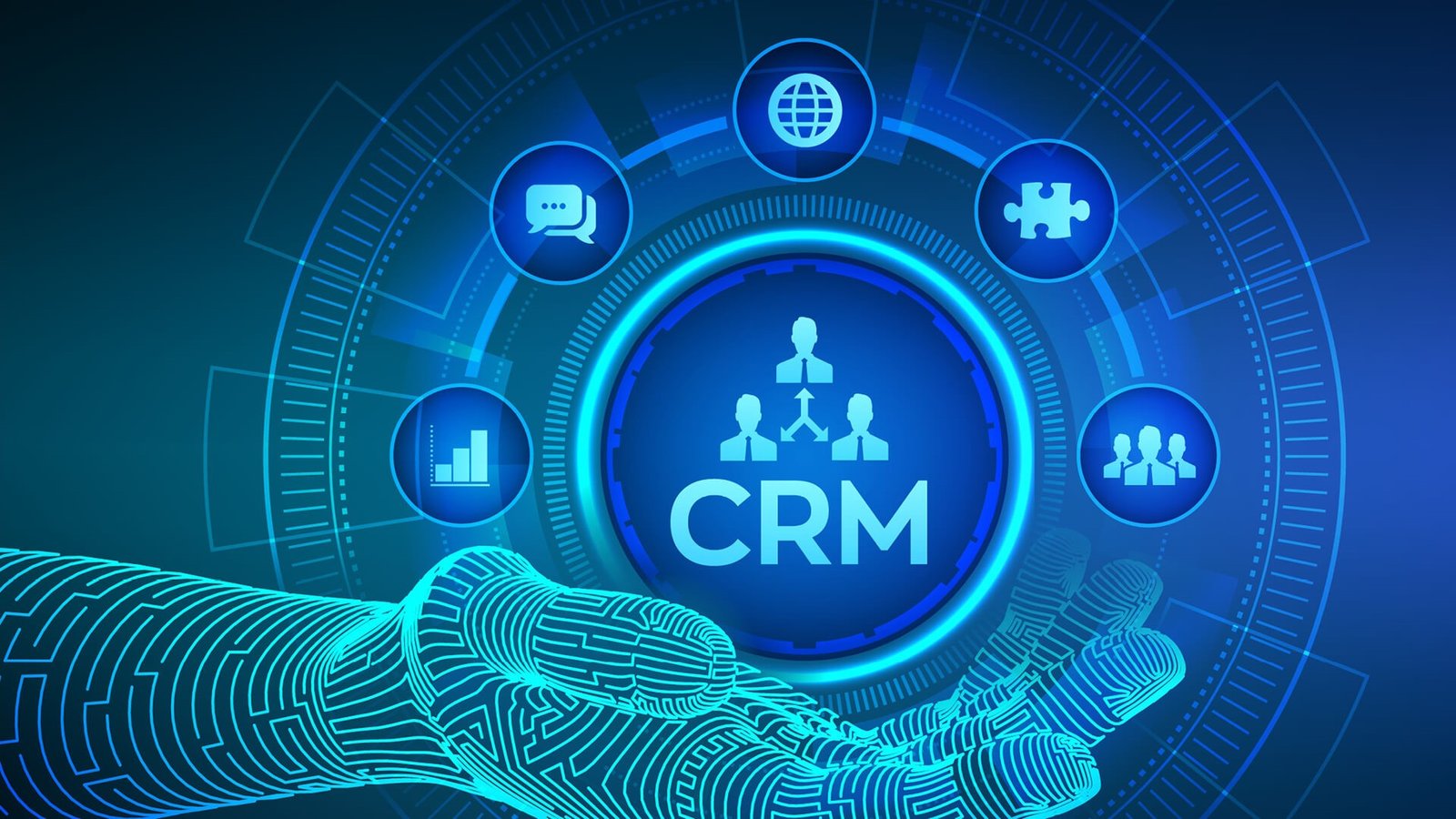1. Centralized Data & Unified View of Operations
ERP systems consolidate all your data—sales, inventory, finance, HR—into one platform.
Benefits:
Real-time access to accurate, up-to-date information
Eliminates data silos between departments
Enhances transparency and communication across teams

2. Improved Efficiency & Automation
By automating routine tasks and workflows, ERP minimizes manual input and repetitive processes.
Benefits:
Reduces human error
Frees up employees for higher-value tasks
Accelerates key business processes like invoicing, payroll, and inventory updates
3. Better Decision-Making with Real-Time Insights
With built-in analytics and reporting tools, ERP provides actionable insights.
Benefits:
Real-time dashboards and KPIs
Data-driven forecasting and planning
Faster response to market changes or internal issues
4. Scalability & Flexibility
ERP systems are built to grow with your business.
Benefits:
Easily add new users, departments, or locations
Supports evolving business models and expansion
Configurable to match unique workflows and industry requirements
5. Enhanced Customer Service
By integrating CRM and order management with inventory and fulfillment, ERP improves the end-to-end customer experience.
Benefits:
Faster order processing and delivery
Improved accuracy in product availability and order tracking
360-degree customer view for better engagement
6. Cost Savings Over Time
Though the initial investment may seem high, ERP systems deliver long-term ROI.
Benefits:
Reduced operating costs through streamlined processes
Improved inventory control and procurement planning
Fewer costly errors and delays
7. Regulatory Compliance & Data Security
ERP helps maintain compliance with industry standards and secures sensitive business data.
Benefits:
Built-in audit trails and compliance tools
Role-based access and security permissions
Centralized data storage with backup and disaster recovery features
8. Standardization of Business Processes
ERP enforces best practices and standard operating procedures across the organization.
Benefits:
Ensures consistency across departments
Improves training and onboarding efficiency
Enhances overall operational quality and control





